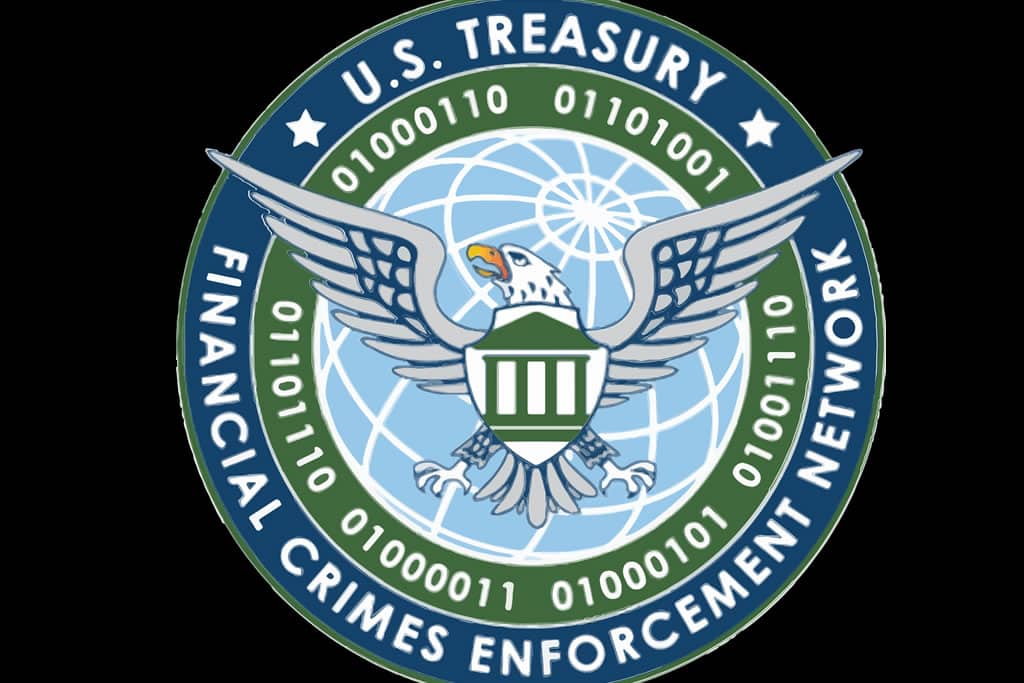
FinCEN files leak: A haunting revelation that has put global banks in the middle of an international scam
FinCEN files, a name that has gained lot of fame in past few days, but for controversial reasons – the FinCEN files leak – that has rocked the financial world and leading governments. The FinCEN (US Financial Crimes Enforcement Network) files are collection of over 2,500 documents, majority of which are the files that raise concerns and were sent by various banks to US authorities between 2000 and 2017. It would be safe to say that these documents have some closely guarded secrets of the international banking sector. These files however are not a proof of some crime or wrongdoing but only a red flag of suspicious activities of banks’ clients. These files were leaked by Buzzfeed News to a group of investigative journalists group from across the world. It was then shared with 108 news organizations in 88 countries. These journalists have since been scrutinizing the dense documentation trying to uncover activities these banks would want to keep away from public knowledge.
The FinCEN group at US Treasury is aimed to combat financial crime. Any concerns regarding transactions made in US dollars, even if taken place outside US, are sent to FinCEN. Suspicious Activity Reports (SARs) are to be filled out by bank if it raises concerns regarding a client’s transactions, and then is to be sent to authorities.
The dealings are an indication of money laundering – a criminal way of processing dirty money. The leaking of these documents has led a direct spotlight on leading banks across the world rocking the financial industry. The cache of leaked documents has linked corruption, fraud and money laundering charges to these banks which handled these transactions over the years. The leak has revealed money laundering of over $2 trillion done through banks that were flagged by their compliance officers in over 2100 filings done with US Treasury’s FinCEN.
Who have been named?
At least 90 financial institutions have been named in the leaked documents, including many world’s leading banks. HSBC allowed millions of dollars of stolen money moved across the world through its branches, even after it US investigators informed of scheme to be a scam. JP Morgan is another big name that allowed a firm to move over $1bn through London account without account owner’s information. The owner was later discovered to be a fraudster who is on FBI’s 10 most wanted list.
Another strong revelation that came to light was of close associates to Russian President Vladimir Putin using Barclays bank’s London branch to avoid sanctions that were imposed to avoid him from using financial services in the West.
UK has been called a “higher risk jurisdiction” when compared to Cyprus by FinCEN’s intelligence division. Over 3000 UK companies have been named in the FinCEN files, which are more than any other country.
FinCEN files leak is more high profile and names large number of banks across the world. This makes it different from many other big financial leaks like 2016 Panama Papers, 2015 Swiss Leaks and 2014 Lux Leaks.




